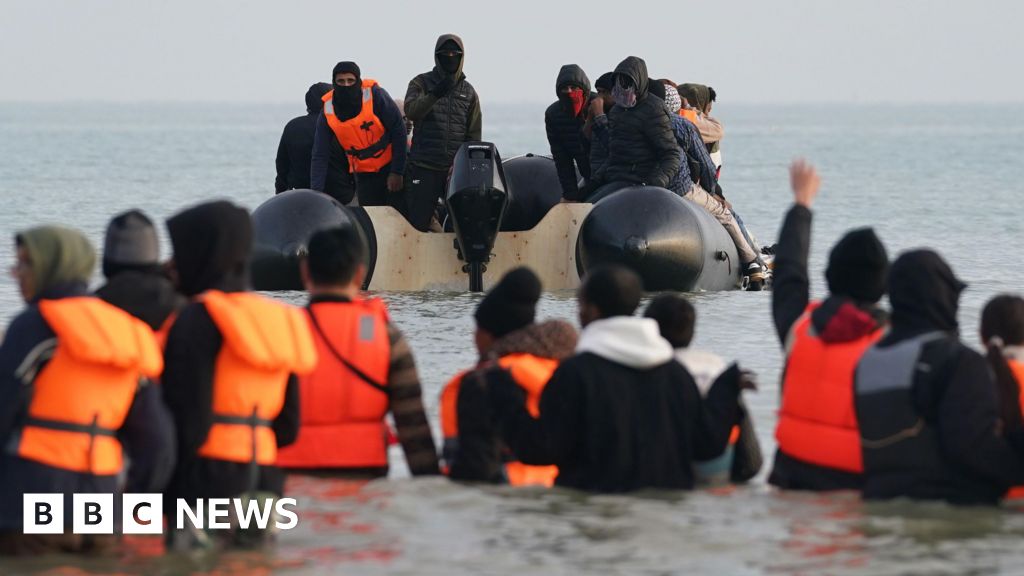Understanding the Surge of Small Boat Crossings in the English Channel
In recent years, the phenomenon of small boat crossings in the English Channel has gained significant attention. The increase in the number of migrants attempting to cross this perilous route has raised concerns about immigration policies, border security, and humanitarian efforts. Understanding the origins and numbers behind this issue is crucial for addressing the broader implications on immigration reform and security.
The Origins of Migration to the Channel
Many migrants embarking on dangerous journeys across the English Channel originate from various countries facing conflict, persecution, or economic hardships. Key countries contributing to this migration trend include:
These individuals often face treacherous conditions, relying on smugglers and unsafe vessels, highlighting the urgent need for effective immigration reform and humanitarian assistance.
Statistics of Migrants Crossing the Channel
The numbers surrounding small boat crossings are staggering. In recent years, there has been a sharp increase in the recorded crossings:
– In 2020, around 8,400 migrants crossed the Channel.
– By 2021, this number surged to approximately 28,000.
– The trends observed in 2022 continued to rise, with over 45,000 crossings reported.
These statistics underscore a growing crisis that necessitates immediate attention from both national and international authorities.
Policy Responses and Challenges
As the number of small boat crossings increases, governments are grappling with how best to respond. A range of strategies has emerged, including:
However, these measures often face criticism for their effectiveness and the ethical implications of detaining or deporting vulnerable individuals.
Humanitarian Considerations
The plight of migrants crossing the Channel raises significant humanitarian concerns. Many individuals risk their lives in search of safety, with the journey often resulting in tragic losses. The role of organizations providing aid and support at sea and on land is vital in these circumstances.
Efforts to provide humanitarian parole and safe passage for those fleeing danger must be prioritized. Policies like parole in place can offer temporary relief while comprehensive immigration reform is pursued.
The Role of Public Opinion and Media
Public perception plays a crucial role in shaping immigration policies. Media coverage often influences how migrants are viewed, impacting public support for various immigration reform measures. The narrative surrounding small boat crossings is often framed in terms of security and illegal immigration, overshadowing the humanitarian aspects.
As the media continues to report on immigration issues, it is essential to present a balanced view that highlights the human stories behind the statistics. Understanding the motivations and experiences of migrants can foster empathy and support for meaningful reforms.
Conclusion: The Path Forward
The issue of small boat crossings in the English Channel is complex, rooted in deep-seated global challenges such as war, economic instability, and climate change. As nations grapple with immigration reform, it is vital to adopt a comprehensive approach that addresses both security concerns and humanitarian needs.
Promoting safe and legal pathways for migration, enhancing international cooperation, and addressing the root causes of displacement are essential steps in managing this ongoing crisis. Ultimately, a focus on compassion and understanding will lead to more effective and humane immigration policies for future generations.
As we move forward, it is imperative to remember that behind every statistic is a story of hope, struggle, and resilience.










